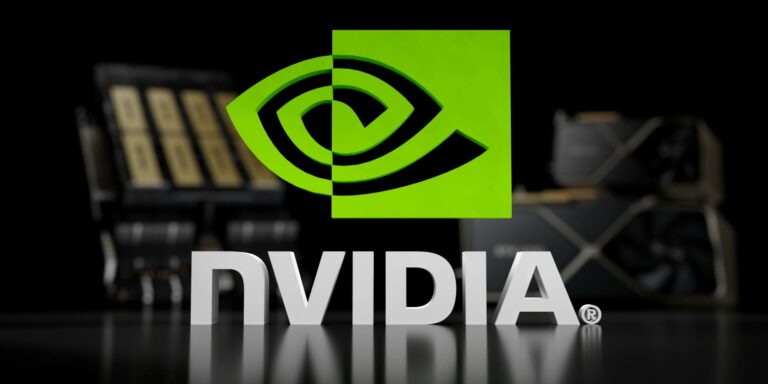Nvidia has announced impressive first-quarter earnings for 2025, reporting revenue of $44.06 billion, which exceeded Wall Street’s estimate of $43.32 billion. Despite the challenges posed by U.S. export restrictions on high-performance chips, Nvidia’s strong performance reflects the continued demand for its cutting-edge technology, particularly in its data center segment. This marks a significant achievement for the company, reinforcing its dominant position in the semiconductor and artificial intelligence (AI) markets.
The data center segment, which is one of Nvidia’s most important growth drivers, reported $39.1 billion in revenue—a 73% increase compared to the same period last year. While this growth was impressive, it fell slightly short of analysts’ expectations, indicating some challenges in scaling operations within this rapidly expanding market. Nevertheless, Nvidia’s overall performance has been a testament to the company’s resilience, even amid increasing geopolitical and economic pressures.
One of the key factors influencing Nvidia’s results this quarter was the impact of U.S. export restrictions on its H20 chip sales to China. The company projected an $8 billion loss in sales to China due to these restrictions, which are part of the broader technological and trade tensions between the U.S. and China. The U.S. government has implemented export controls on high-performance chips, citing national security concerns and the need to curb China’s technological advancements in AI and supercomputing.
Despite this setback, investor sentiment around Nvidia remained remarkably positive. The company’s strategic focus on AI and machine learning has positioned it as a leader in these high-demand markets, which are experiencing explosive growth. Nvidia’s chips, particularly in the areas of AI, autonomous vehicles, and cloud computing, have become essential for powering next-generation technologies. This has helped the company offset the potential losses from China, as demand in other markets continues to rise.
In after-hours trading, Nvidia’s stock surged by over 5%, reflecting strong investor confidence in its ability to navigate the challenges posed by global trade restrictions. Many analysts believe that Nvidia’s leadership in the AI space will allow it to continue thriving, even as geopolitical tensions impact its bottom line. The company’s investments in AI-related products and partnerships, including collaborations with major cloud providers and tech firms, are expected to drive further growth in the coming quarters.
Nvidia’s CEO, Jensen Huang, expressed optimism about the company’s future, despite the challenges. He noted that Nvidia’s continued innovation and strategic positioning in AI, data centers, and gaming would help it stay ahead of the competition. Huang also emphasized the company’s commitment to diversifying its revenue streams and expanding its footprint in emerging markets, which could help mitigate the impact of export restrictions and trade barriers.
Looking ahead, Nvidia faces ongoing risks from the U.S.-China trade conflict, but its strong earnings performance and leadership in AI technologies suggest that the company is well-equipped to handle these challenges. As AI and machine learning continue to be key drivers of technological progress, Nvidia’s role as a supplier of critical hardware for these technologies positions it for continued success.
The company also plans to invest heavily in new products and research to maintain its edge in the competitive semiconductor market. Nvidia’s commitment to innovation, coupled with its robust market share in data centers and AI, ensures that it remains a key player in the global tech landscape.
